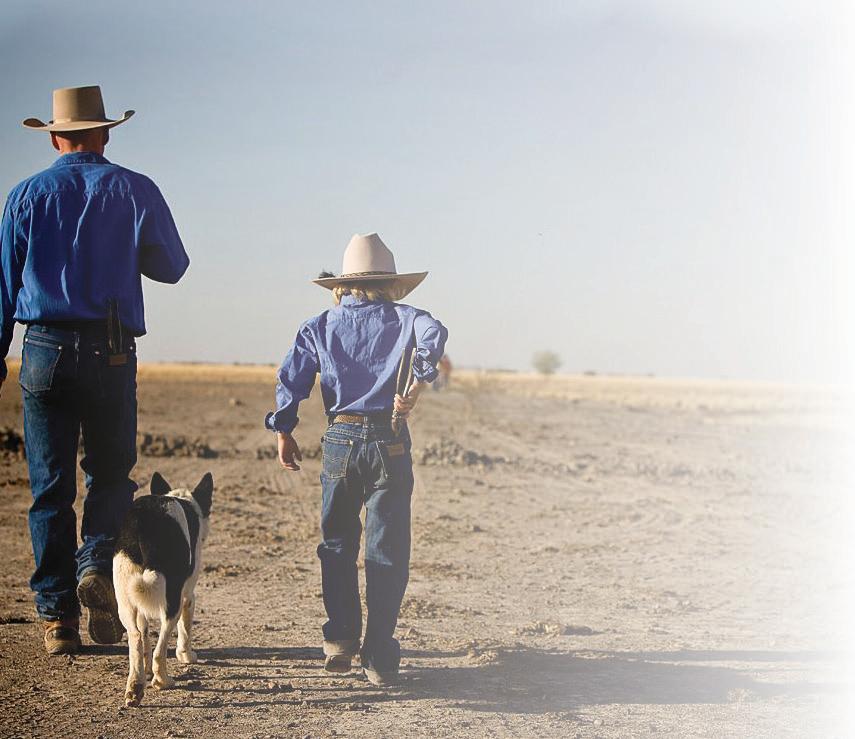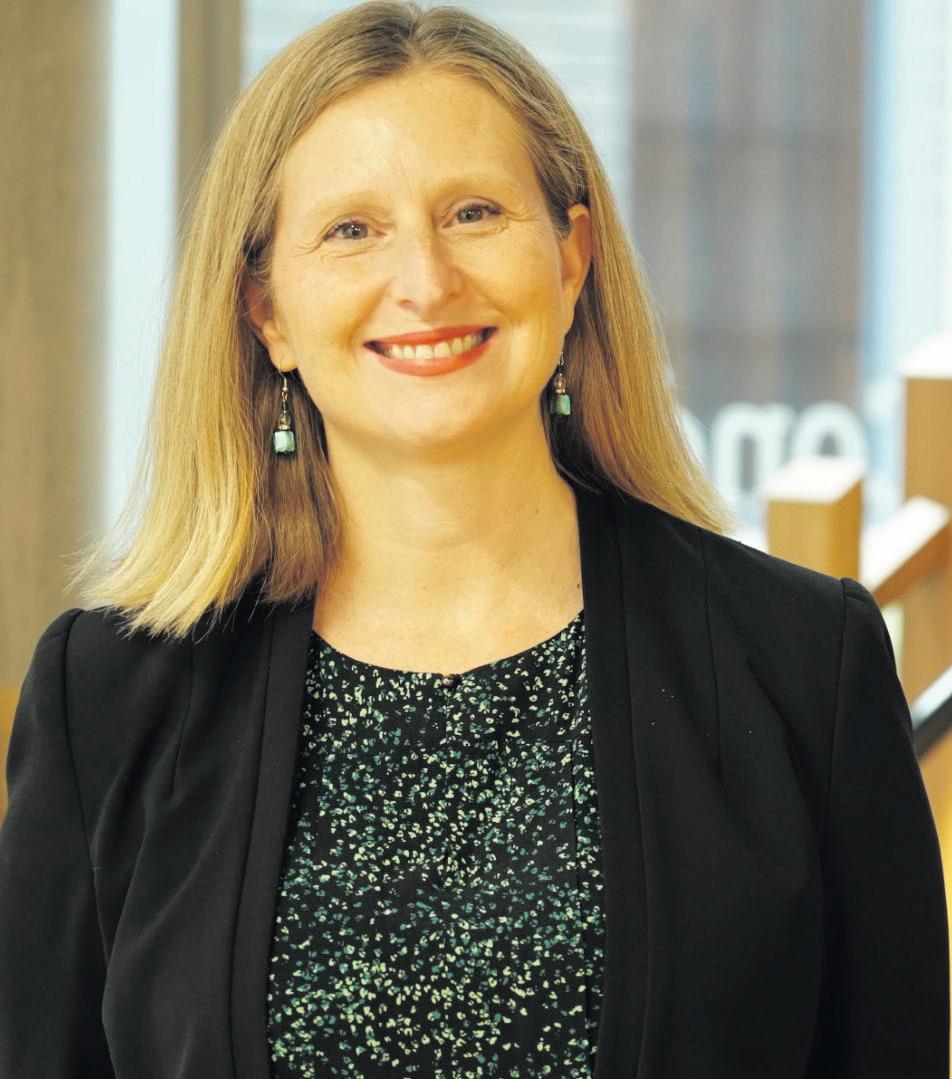
2 minute read
Emotional help for our kids after a major disaster
By Samantha Elley
Since the 2019/20 bushfires one charity has been working in local Northern Rivers schools to help primary and pre-school children to manage their postdisaster emotions.
Now, nearly 18 months after the 2022 floods the work of Royal Far West (RFW), an Australian charity that deals with the developmental care of children from rural and remote areas, is not about to stop.
With $4.5 million of funding from the
Department of Health and Aged Care, Jaqueline Emery, CEO of RFW said the work of their Community Recovery Program is starting to show results but there is a long way to go.

“We started doing this type of work after the bushfire crisis down the south coast,” said Ms Emery.
“Now work has started in 30 schools and pre-schools (around the Northern Rivers and South East Queensland) as part of the Community Recovery Program, which includes specialist clinicians visiting schools and working with children.”

Ms Emery said part of the program is to work with the key adults in a child’s life, as well as the child.
“Our program allows us opportunity to develop the knowledge and capacity of parents, carers and educators to support the wellbeing of children in their care,” she said.
“We have funding for two years, but that’s one of the challenges as we know from the research it can take up to five years.
“In each community and with every child you can’t put a timeframe on recovery.
“We have kids in some of the bushfire impacted areas that still need some support after three years.”
Some of the primary and pre schools RFW has brought its program into include: Wardell, Ballina, Lismore, Broadwater, Woodburn and Evans Head preschool, with more waiting.
“The government has to be prepared that at the end of (the funding) it will need to assess ongoing support,” said Ms Emery.
“If you still have kids checking the BOM and they see it is going to rain, won’t go to school, then it’s quite damning.
“Attendance at school has dropped and it is a strong indicator that kids and parents are struggling.
“We just can’t walk away.”
Ms Emery said the program doesn’t kick off until 12 months after a disaster.
“The first year, people are in survival mode,” she said.
“When I visited some school principals on the Northern Rivers, they agreed.

“It’s really only now the parents are able to engage as they have just been worried about food on the table.”
RFW has teams on the ground building trust in relationships and understanding context amongst the children and adults they work with.
“We can’t be effective if we don’t understand local knowledge,” said Ms Emery.
“We have become the most successful when we are embedded in the teaching team of a school.”
And has it been working?
“Teachers have been telling us it works,” said Ms Emery.
“We don’t like to drink our own cool-aid so we get the feedback from the people we are targeting.
“Kids are using the strategies we teach them every day, knowing they are not alone and feeling less isolated.”
Lismore Public School principal Samantha Rowsell said RFW spent a week at the school to build professional, trusting relationships with parents, students and staff.
“This has enabled support to be specifically tailored to our unique context,” she said.
“All our stakeholders are looking forward to continuing our wellbeing journey with RFW over the next two years.”










